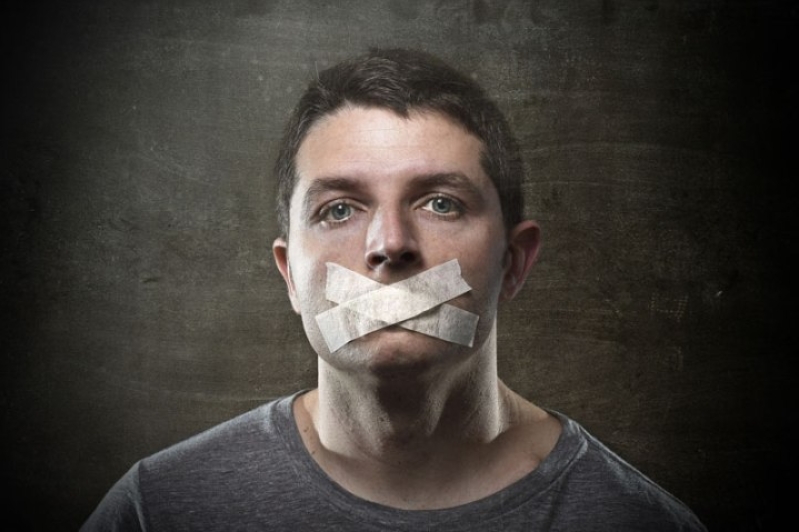
Incidences of town residents who live near churches complaining that church worship music is too loud are on the rise. The most recent case of a complaining neighbor and a lawsuit that is getting some press is in Louisiana. Vintage Church's executive pastor was issued a "criminal summons" in front of his entire congregation and pregnant wife because the worship team was too loud for one town resident on Sundays.
Vintage Church is located in the New Orleans suburb of Parish, a town that is one of many areas that was devastated by hurricane Katrina. Since that time, the church has experienced growth and has been having services in a tent on their property while the sanctuary is under construction. When they began having outdoor services, a neighbor called the police and complained that the worship music was so loud that it was disturbing.
The police told church leadership that they needed to have a permit to have church in their tent, so they went through the proper channels to get that. The neighbor complained again and then the church was told by the police that according to a city ordinance, that they must keep their music at 60 dB, which is the equivalent of a typical conversation. The church hired a sound technician to make sure that the worship didn't go over that.
The neighbor continued complaining Sunday after Sunday. It finally got to the point that the church quit using a sound system. The worship team led music acoustically and the pastor didn't use a mic. The police responded to yet another complaint, insisted on checking that everything was unplugged, and found it was. They still issued a "criminal summons" against the pastor, taking his fingerprints in front of the congregation and his pregnant wife. They didn't stop the pastor from continuing to preach as this went on.
Parish Councilwoman Cynthia Lee-Sheng claims that there was more than one person who complained, and that "It's not about the worship. It's about being a good neighbor."
Interestingly, no one was complaining about items that were far louder in the neighborhood such as weed eaters or lawn mowers.
The church has filed a lawsuit against the town, claiming that their religious rights have been violated. Liberty Institute attorney Justin Butterfield said that, "We are seeing more and more of this sort of hostility toward churches in the United States. Five or ten years ago the idea that a church would be issued a criminal summons and would be subjected to this sort of continuous investigation just for having a worship service would be unthinkable."
A couple of other churches that have had similar situations happen are Pleasant Grove Baptist Church in West Oakland, California, and Rehoboth United Assemblies Church in South Carolina.
Pleasant Grove Baptist is an inner-city church, and a "formal complaint" has been levied against them by new neighbors. The church has been in the area for 65 years. They practice on Wednesday nights and have services on Sundays.
One church member explained, "The face of the community is changing. So now rock bands are coming in, they're in their garages playing until 2 am, and if we open our windows at the church, we can smell the cannabis, we can smell whatever's coming through the air."
It wasn't clearly indicated whether complaining neighbor Greg Ervin had a problem with either of those two things in addition to the church's choir practice and worship.
In the case of the South Carolina church, Rehoboth United Assemblies Church had been fined 50 times over the course of two years because of neighbors complaining that the church's worship music was too loud. Finally, church pastor Johnnie Clark was found guilty of "unlawful sound amplification" in a three-day trial in which neighbors laid out evidence against him. He was sentenced to jail for two weeks.






